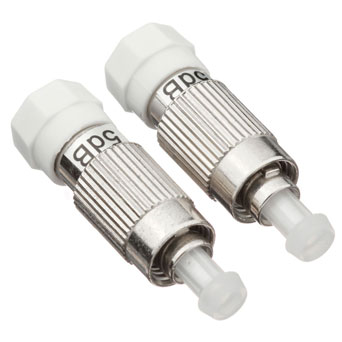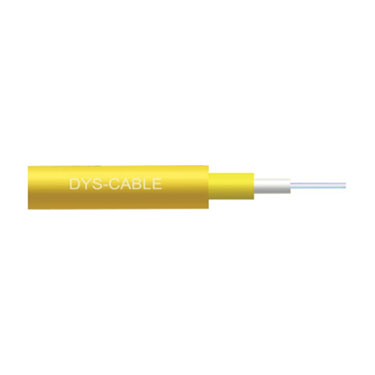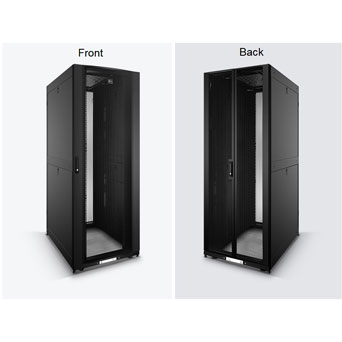Ⅰ. Know the fiber optic media converter
A fiber optic media converter is a device for computer networking that allows different networking media to be connected to a fiber optic cabling network. It is primarily used to connect older copper cabling systems such as twisted pair cables to faster fiber optic networks. Optical media converters are commonly used in large metropolitan area networks (MAN) and large commercial networks called enterprise networks.
Ⅱ. The advantages of fiber optic media converters
1. Optical media converters can use a variety of different network protocols. Ethernet, Fast Ethernet, and Gigabit Ethernet are examples of small home networks. Faster data protocols such as T1 and T3, also known as DS3/E3, can also be used. Fiber optic media converters can also support several types of cables, such as coaxial and twisted pair cables, commonly referred to as Cat-5 or Cat-6. The converter also includes different types of fibers, such as multimode, single mode, 8 port media converter and 4 port fiber media converter.
2. Optical media converters can be connected to different types of local area networks (LANs). It can also modify speed and duplex settings. For example, fiber optic converters with switching capabilities can connect a network segment that uses half-duplex to a faster full-duplex system that allows two-way communication, but only one communication at a time. A full-duplex system allows simultaneous bidirectional communication. A half-duplex system might be a legacy 10baseT system, while a newer system might be a 100baseT system. Converters will allow them to communicate over fiber optic connections.
3. For larger local area networks, fiber optic media converters are helpful for connecting independent networks that cover a large area. It enables many individual LANs to function as one large LAN. For example, if every department in your university has a network, connecting them with fiber optic media converters will allow for a faster and almost seamless connection. This is especially useful since most LANs are still based on slower copper cables. If single-mode fiber media converters are used, it can extend up to 80 miles, which is much further than older copper-based systems.
4. Wholesale ftth media converter also has advantages in price. Since owning a full fiber optic network can be expensive, fiber optic media converters allow for a gradual upgrade from older copper-based network types to fiber optic networks. Fiber optic networks offer several advantages over copper networks, including higher transmission speeds, more reliable data transmission, and less external interference. Fiber optic media converters come in many sizes and functions, such as compact and simple devices, full-featured high-end systems, and more.

 EN
EN



